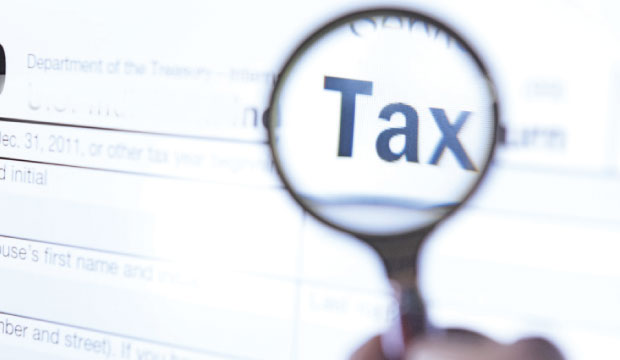
Muscat: Several challenges are before the Gulf states to meet the set deadline for introducing the much-talked about value added tax (VAT) at the beginning of 2018, according to an update on VAT proposals in Oman and across the GCC prepared by KPMG.
Elaborating on the challenges, the international audit firm said that a unified GCC VAT agreement should ideally be finalised by the end of June 2016. “GCC finance ministries have been having intense discussions over the last few months to thrash out existing differences on areas like intra-GCC supplies. The member states cannot finalise their national VAT laws until the GCC VAT agreement is finalised and adopted by all the GCC countries,” said the KPMG statement.
“If a GCC agreement cannot be reached, GCC countries could decide to implement VAT individually. It remains to be seen whether any GCC country would be prepared to take such a step.”
The six member GCC bloc has been debating a common value added tax, which is a taxlevied on the import and supply of goods and services at each production and distribution stage, over a decade now. VAT is a consumption tax to be ultimately paid by the end consumer with suppliers (businesses) acting as collecting agents for the tax authorities.
As the unified GCC tax agreement will only be a framework agreement, which sets out the main principles to be followed, each country will need its own national VAT law. “Businesses have been promised 12 to 18 months to prepare for VAT implementation putting in place proper systems to collect VAT and pay it to the tax authorities on a monthly or quarterly basis. Each GCC member (state) will also need to issue relevant executive regulations,” added KPMG in its update on VAT.
Referring to general practice in Oman, KMPG said that decreeing new laws in the Sultanate is a consultative process involving the Majlis Al Shura, the State Consultative Council and other stakeholders. “How long will it take for Oman to decree the VAT law? Can this be achieved by the end of 2016 to give businesses sufficient preparation time so that VAT could be effective from January 1, 2018?”
Yet another challenge is the information technology preparedness. Unlike corporate income tax, where returns are filed only once in a year, VAT requires monthly or quarterly filing of returns and payments of taxes. The tax authorities will also need to process refunds regularly. “The tax authorities across the GCC will need robust IT systems in place to facilitate e-filing and e-communication with taxpayers. A GCC electronic portal will be needed to facilitate tracking of intra-GCC supplies.”
Oman’s tax authorities have recently implemented a new IT system which will enable e-filing of corporate tax returns. Adapting the new IT system to integrate VAT requirements and test the system may take more time.
Since VAT is new, the tax authorities in each GCC country will have to recruit and train sufficient staff.
Besides, governance frameworks may also need to be reviewed and updated to incorporate policies, processes and controls that comply with VAT legislation.
Pan-GCC excise duty
The GCC states are believed to be working on a unified GCC excise tax, which will be levied on harmful products including tobacco and alcohol, according to KPMG. “As implementing an excise tax is comparatively straightforward, GCC countries could introduce this tax from January 1, 2017,” KPMG said in an update on VAT proposals in Oman and across the GCC.